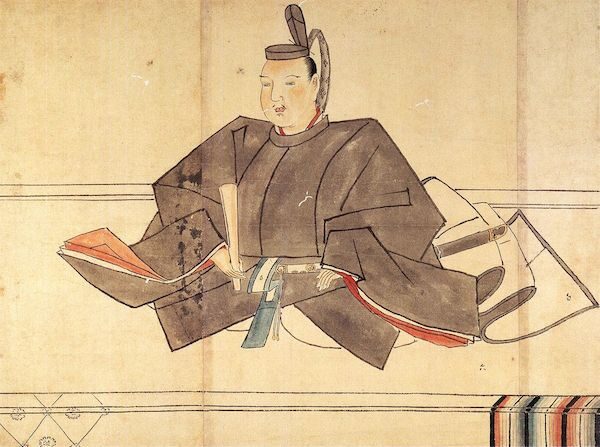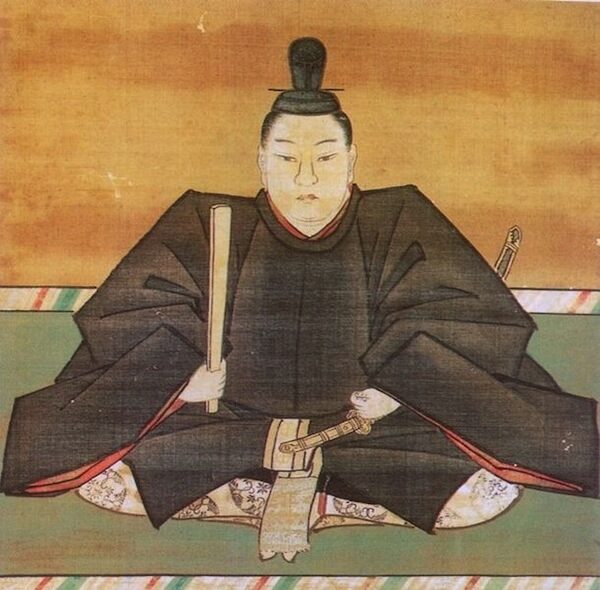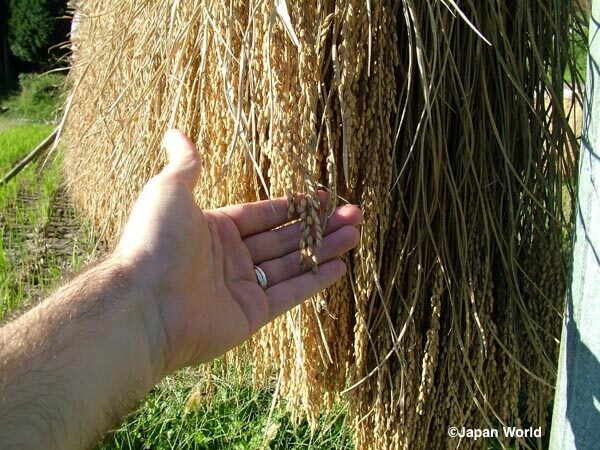The 6th Tokugawa Shogun, Ienobu Was Born On June 11, 1662.
In 1709 Tokugawa Tsunayoshi died heirless. This left the only direct lineal descendant of Tokugawa Ieyasu
being his great-great-grandson, the Daimyo of Kofu, Tokugawa Ienobu.

Ienobu’s uncle, the shogun Ietsuna died in 1680, making his other uncle, Tsunayoshi Shogun. Had Ienobu’s father, Tsunashige, brother of the two shotguns, not died in 1678, he would have claimed the position. Until now, Ienobu had been groomed not as a future shogun, but simply as the successor to Kofu (Yamanashi Pref.) In 1693 Arai Hakuseki, an academic, genius bureaucrat, and ronin was summoned to act as a think tank for the shogunate, and personal advisor to Tokugawa Ienobu. Arai is said to have given over 2,000 lectures on Confucianism, politics, finance, history and culture to the future shogun, greatly influencing the man’s thinking. Ienobu was invested as shogun following the death of his uncle, Tsunayoshi in 1709, and as shogun, he began a campaign of reform. Ienobu abolished many of the controversial and unpopular laws created by Tsunayoshi, the judicial system was greatly reformed, certain punishments and censorship abolished, and free thought promoted. Economic reforms were carried out and importantly, strained relations with the Imperial throne in Kyoto were vastly improved. The institution of the bakufu was also amended, with the removal of certain powers from the upper ranked echelons of the shogunate, making it less military, more civilian in its operations. Much of this reform has been attributed to the ronin, Arai Hakuseki’s influence. Despite holding office for just 3 years, Shogun Ienobu’s rule is seen as a most successful administration. His legacy was continued by his son, Ietsugu. Ienobu died November 12, 1712, aged 50.

